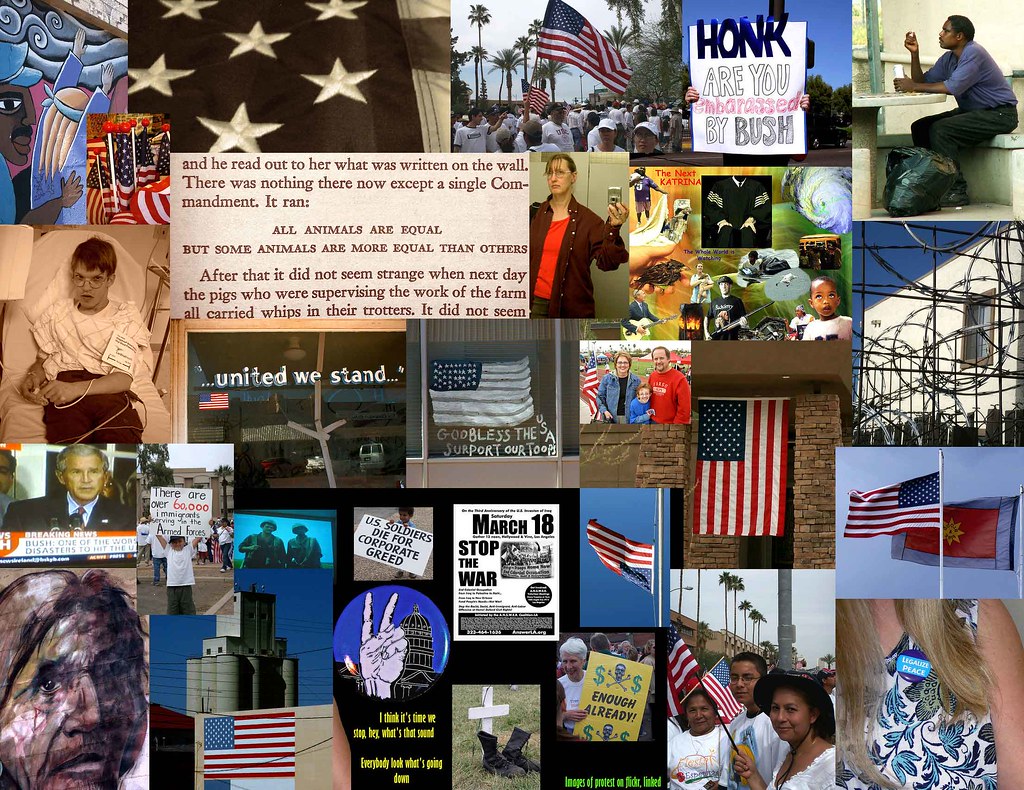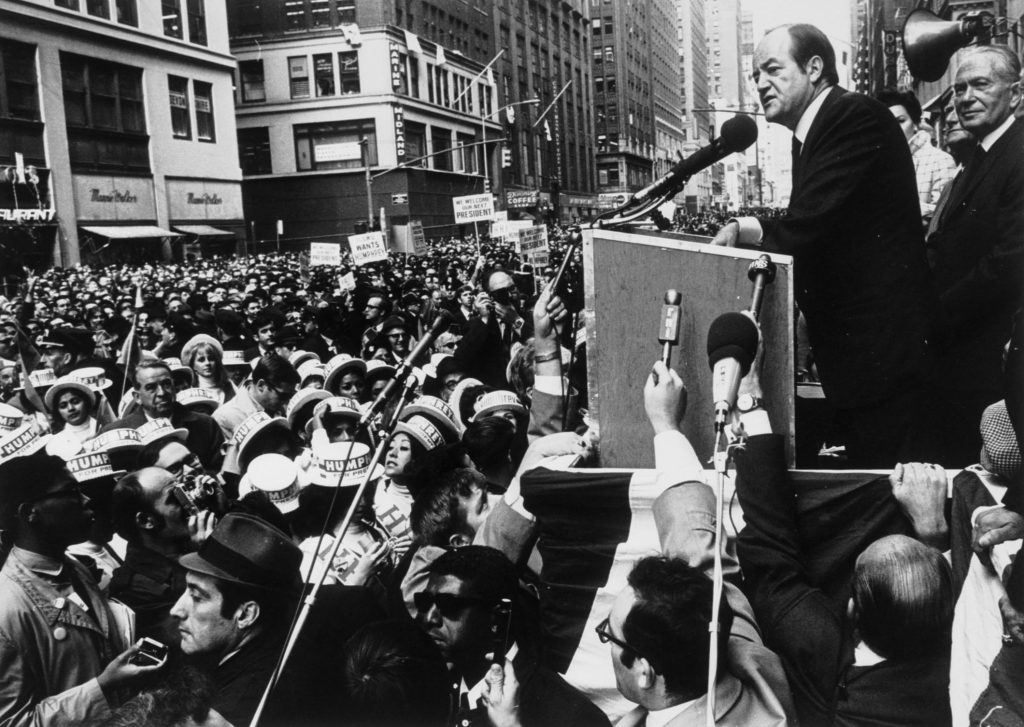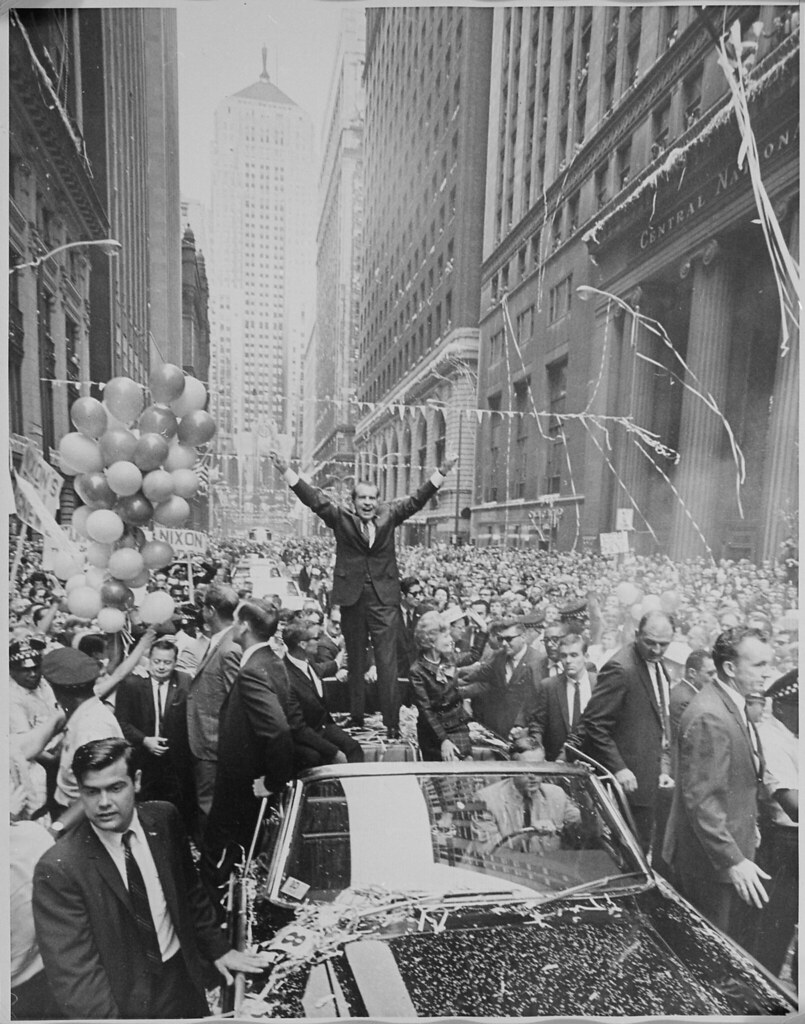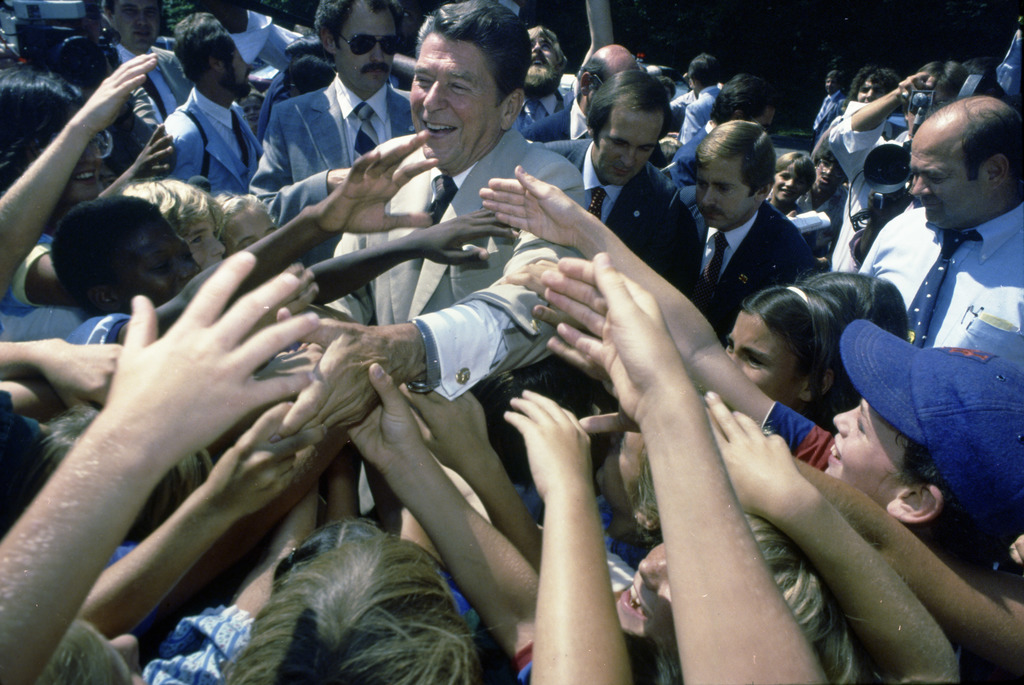
The upcoming midterms will mark over 50 years of my being eligible to vote. When I cast my first vote, it was in a Presidential election. Voters had to be 21, so my initial experience with voting for President was truly heartbreaking. 1968. Humphrey versus Nixon. The whole world was watching.
I have learned over all these years and in every election, voting is a sacred honor and every vote matters. The whole world is watching.
The war in Vietnam raged and I supported the independent and anti-war candidate, Eugene McCarthy. Then Bobby Kennedy entered the race, and President Johnson declared, with many cheers from me, that he would not run. Now, I had what I saw as a viable and realistic alternative and switched my allegiance to Kennedy. Until he was assassinated on June 6, 1968.
After the tragic death of Bobby Kennedy, I still hoped McCarthy would be the nominee, but the Democratic establishment chose Hubert Humphrey. There already was also an unacceptable third-party candidate, the racist George Wallace. McCarthy decided not to run as an independent. Thus, with a heavy heart, I cast my first vote for Hubert (“Dump the Hump”) Humphrey, partly because I loathed Richard Nixon. And I lost.
I voted that first time in sorrow for what I thought was a flawed candidate, but the main point is that I voted. Many folks I knew sat out their first chance to vote, and the result was a huge victory for Nixon. Despite this disappointing first experience voting for President, every election, I faithfully cast my ballot.
In 1980, I was feeling like many voters today. I was 35 and busy being the mother of three young children. The economy was in terrible shape and Iran still held our hostages. We were waiting in long lines at the gas station and wearing sweaters at home to conserve energy. My choice was a second term for Jimmy Carter or a vote for Ronald Reagan. But wait. Representative John B. Anderson of Illinois decided to run as an independent. He received 5,720,060 votes. One of them was mine. Of course, he didn’t come close and Reagan won in a landslide, so I guess you could say I threw my vote away that year.
The election of 2000 is great example to illustrate the power of each vote. I resisted the allure of Ralph Nader, running as the Green Party candidate, but many folks I knew supported him as a protest vote. The results of that election might influence some young voters to get off the couch and vote. The 2000 election was the fourth election in U.S. history (but sadly not the last) in which the winner of the electoral votes, George W. Bush, became President and the winner of the popular vote, Al Gore, lost. Millennials and Gen Z voters may not remember the Florida recount in which hanging chads left this country hanging about who our next President would be. Eventually, the Supreme Court ruled the recount unconstitutional and (unlike in our current political climate) Gore conceded.
The statistics for that incredibly close election support the concept that every vote matters. They also confirm my belief that protest votes or staying home are not the best option in what is essentially a binary choice:
*Popular Vote: 50,996,582 (Gore) to 50,465,062 (Bush)
*Electoral College: 271 (Bush) to 266 (Gore)
*Green Party candidate Ralph Nader: 2.7 percent of the vote
I was raised to regard my vote as a responsibility and privilege of citizenship in our country. As a child, I remember begging my parents to give me an “I Like Ike” pin to wear to school so I could be the same as most of my classmates. They explained that they were voting for Stevenson and why, but of course their candidate lost to Eisenhower. Still, I learned that voting did not always result in victory for your candidate, and that the most popular choice may not always be the right one for you.
For over 50 years, I have showed up, sometimes reluctantly, to make the best choice I could based on my personal convictions. Sometimes, I felt like I was choosing between two candidates that didn’t thrill me. Other times, I was totally committed to the person who earned my vote. I wept when I cast my ballot for President Obama in 2008. That vote felt very special.
I just voted by mail in the midterm election for Illinois, even though the results for my state won’t be close. I hope that people turn out to vote in the upcoming November 8 election. I have learned over all these years and in every election, voting is a sacred honor and every vote matters. The whole world is watching.
Boomer. Educator. Advocate. Eclectic topics: grandkids, special needs, values, aging, loss, & whatever. Author: Terribly Strange and Wonderfully Real.






You make great points, Laurie. Protest votes, or staying home, tend to throw the election NOT to the person the protestors would normally like in second place and we wind up with awful choices instead. The 2000 election, where Nader split the vote, is a great example. And in 2016, lots of Bernie Bros sat it out rather than voting for Hilary, so we got The Former Guy. Great protest! See where that got us!
Like you, I believe it is my civic duty to vote – in primaries, mid-terms; absolutely every election. In 1956, my brother and I staged a mock election and Stevenson won. (I wan’t quite 4 years old, so I think my brother did all the heavy-lifting, but I remember him making all the rows on a long sheet of paper, marking in the states and awarding electoral counts. I’m not sure I understood, I was just happy with the results.)
You are right; the whole world is watching!
I’m obviously quite worried about the midterms, but it will be especially disappointing if people, particularly younger voters, sit it out because they don’t love the candidate or the polls have convinced them that their vote won’t matter. Our years of experience have convinced me that every vote matters.
Amen Laurie.
Thanx Laurie for this wonderfully written recap of your voting history.
Speaking of Nader, I remember my uncle Steve who was a staunch Nader supporter. My cousin told me she tried hard to convince her dad not to throw away his vote.
“Think of the Supreme Court” she would tell him.
My poor uncle Steve is surely turning in his grave these days.
The Nader thing made me especially angry. If he had not chosen to run, perhaps we wouldn’t have had hanging chads and the Supreme Court install Bush. I will always wonder how things would have been very different with Gore at the helm.
So very eloquent, Laurie, and a comprehensive chronicle of the past 50 years of our presidential choices. I had forgotten some of the details.. And you are so right about the need to get out and vote, even when the choices aren’t ideal. The pros and cons of the electoral college continue to fascinate me. I can see the positive, especially when one considers that a purely popular vote winner might mean that elections might be won by the East and West coasts only, leaving the states in between essentially unimportant. I look forward to a national discussion. A great story.
Thanks, Susan. I am not a fan of the electoral college. I know there is some consideration for what is called “fly over” parts of the country, but the more highly populated part of our country are terribly under-represented in the Senate. Every individual’s vote should matter when choosing a President.
An excellent review of our elections since we’ve become voters, Laurie, as well as your own personal choices over the years. Thinking of the Nader thing drives me nuts, even today. I forgive you John Anderson — he was a good guy, a Favorite Son in Illinois and, as I recall, Reagan won big anyway.
We also voted by mail here in MA where, like Illinois — for all the right reasons, for a change — it won’t make a difference. But the elections in other states fill me with more dread than hope. As a columnist in the Guardian said — so I don’t dismiss this as the usual American journalistic hyperbole — democracy could lie in the balance. (And “lie” is the perfect word, given what Republican politicians and their idiot followers have chosen to embrace.)
I totally agree with you, John. I just hope the polls are wrong, as they have been the last few elections. We voted by mail and my husband’s ballot was rejected because his signature didn’t match. He’s going off to early vote today because, even here where we are pretty blue, there are some bad dudes running for the IL Supreme Court, and we can’t let the Republicans tip the balance in their favor. Ever vigilant.
Laurie,
Thanks for a nicely written piece here. You and I cast our first votes in the same 1968 presidential election, and we both were saddened we didn’t have a chance to help RFK get the nomination and eventual White House win. I always wonder how things might have been different. You raise an excellent point about the problem of avoiding voting because the preferred candidate isn’t on the ballot. That can result in more harm than good, as in the case of the ’68 election.
Thanks, Jim. Even though it was hard (and fruitless) to vote for Humphrey at the time, in retrospect he was a good man who had the misfortune of having had to serve as LBJ’s VP during the Vietnam war.
I dislike making meaningless gestures such as “protest votes.” When your self-indulgent snit results in a Bush or Trump slithering into power, such votes are beyond idiotic.
You are so right, Dave. The only time I did that, I was really young and angry. Even though Humphrey came close to beating Nixon in the popular vote, Nixon had the electoral college win. Sounds sadly familiar.